In 2006, anthropologists Paul Rabinow and Gaymon Bennett aimed to redefine the role of human sciences in biological research by establishing the Human Practices division of the Synthetic Biology Engineering Research Center. This facility was created to develop design standards for engineering new enzymes, genetic circuits, cells, and other biological entities while addressing ethical, security, and philosophical issues surrounding controversial biological work. Their goal was not just to monitor but to deeply integrate biosciences with anthropology, leading to a dynamic and experimental approach that could influence the center’s research. Designing Human Practices chronicles this anthropological experiment and its eventual rejection, offering insights into the challenges of collaboration and the micro-politics that limited the potential for mutual scientific advancement. By synthesizing biology, genetics, anthropology, and philosophy, and examining funding sources like the National Science Foundation, the work pushes the social study of science into new and thought-provoking areas. It uses real-world experiences to reflect on how human and life sciences can and should mutually transform each other.
Paul Rabinow Books

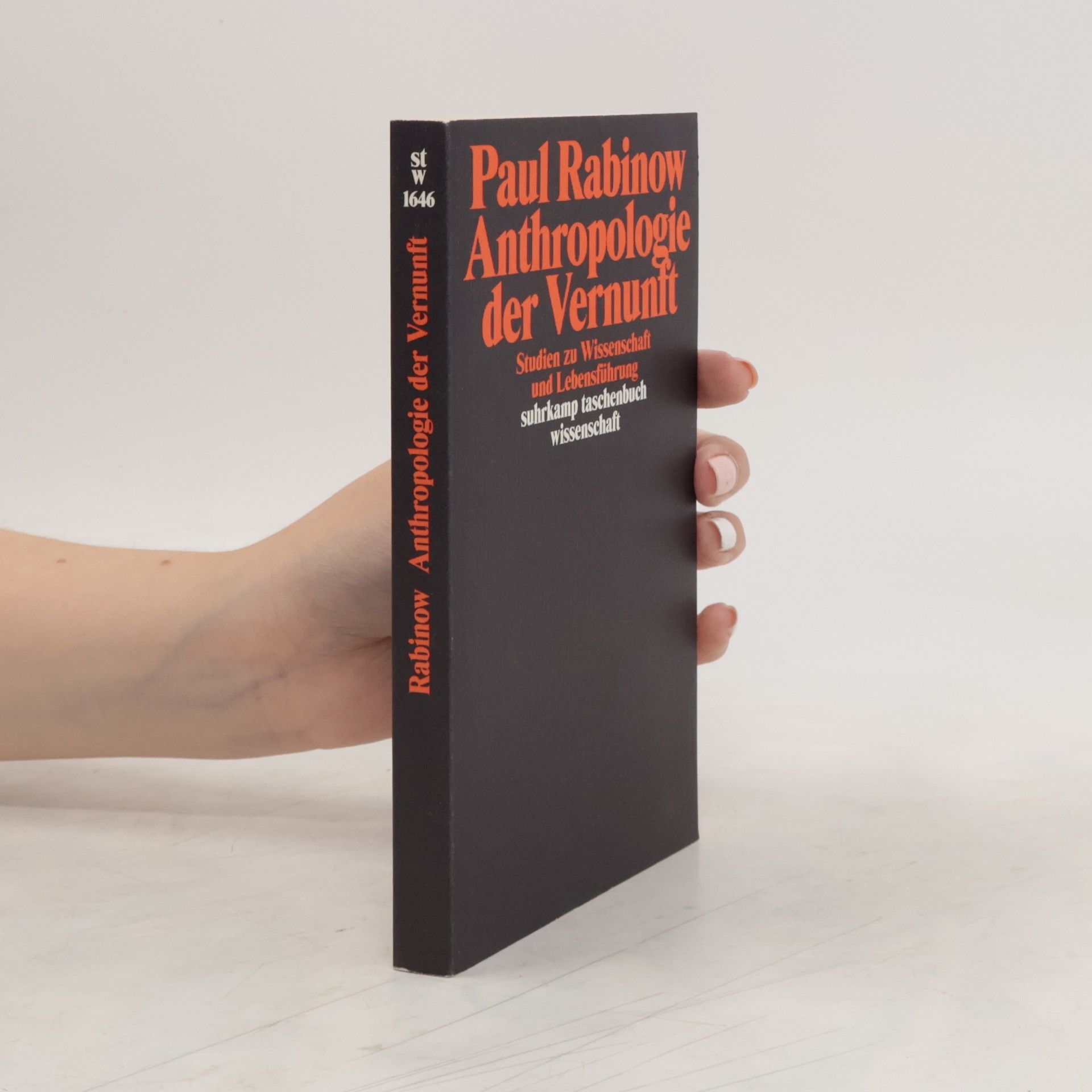
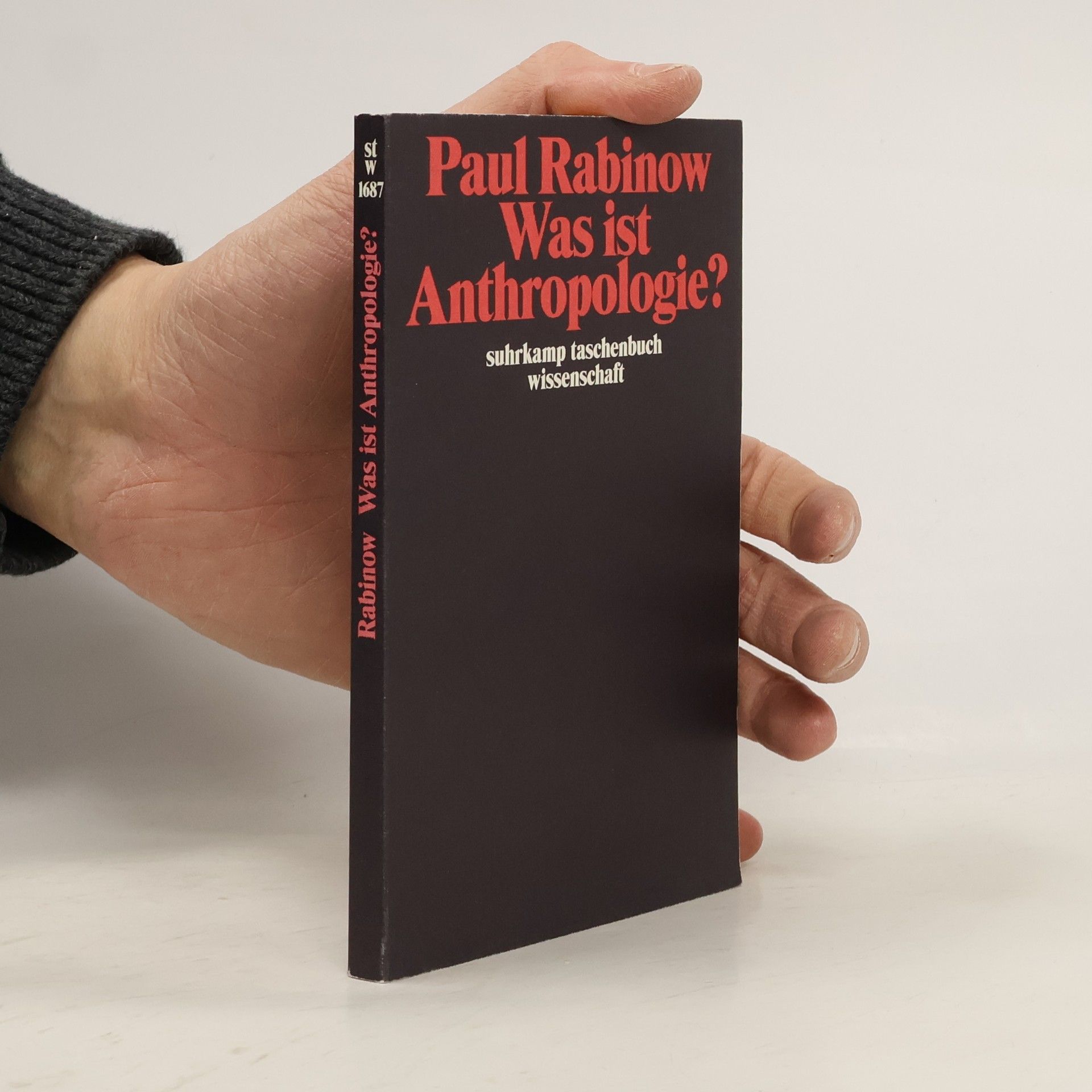
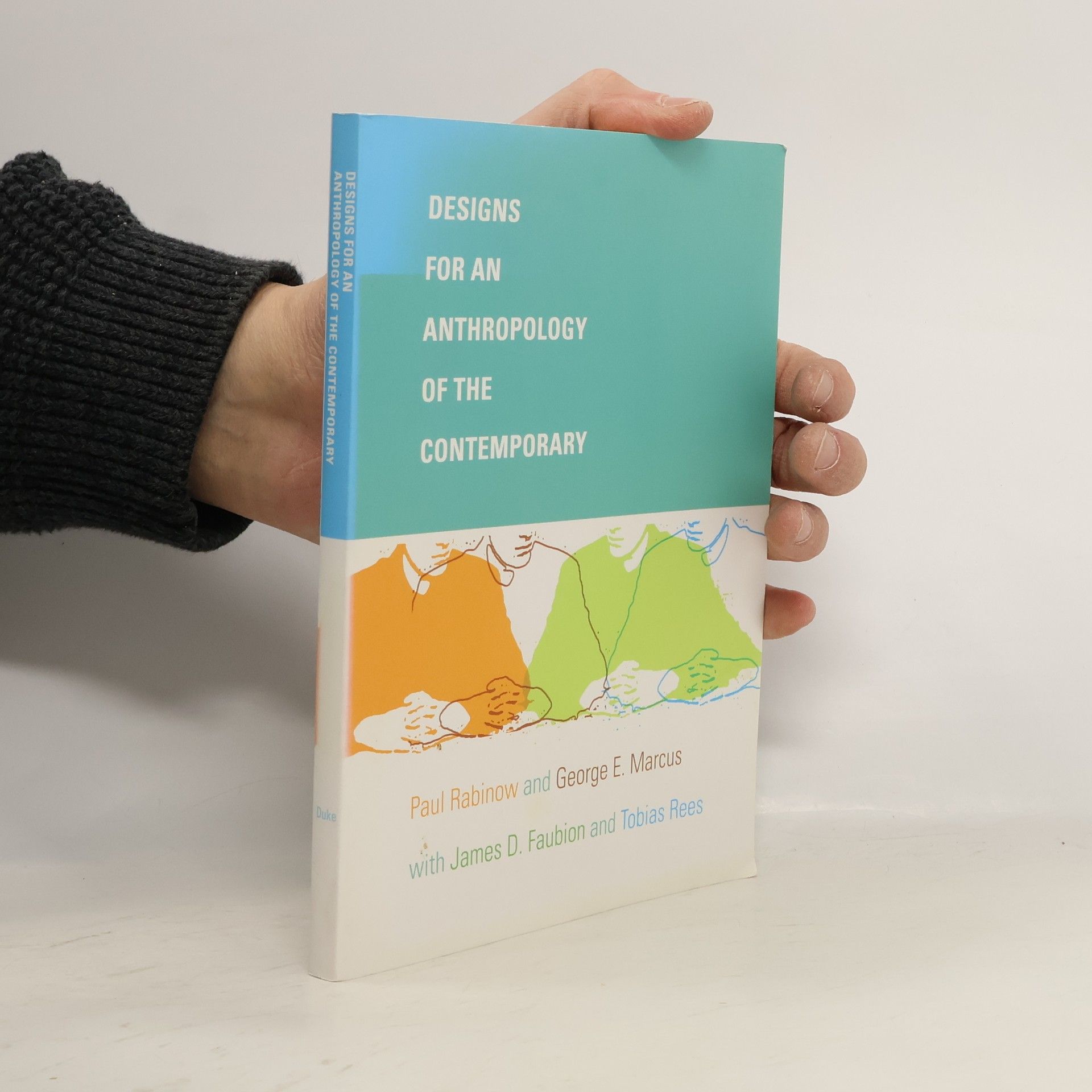

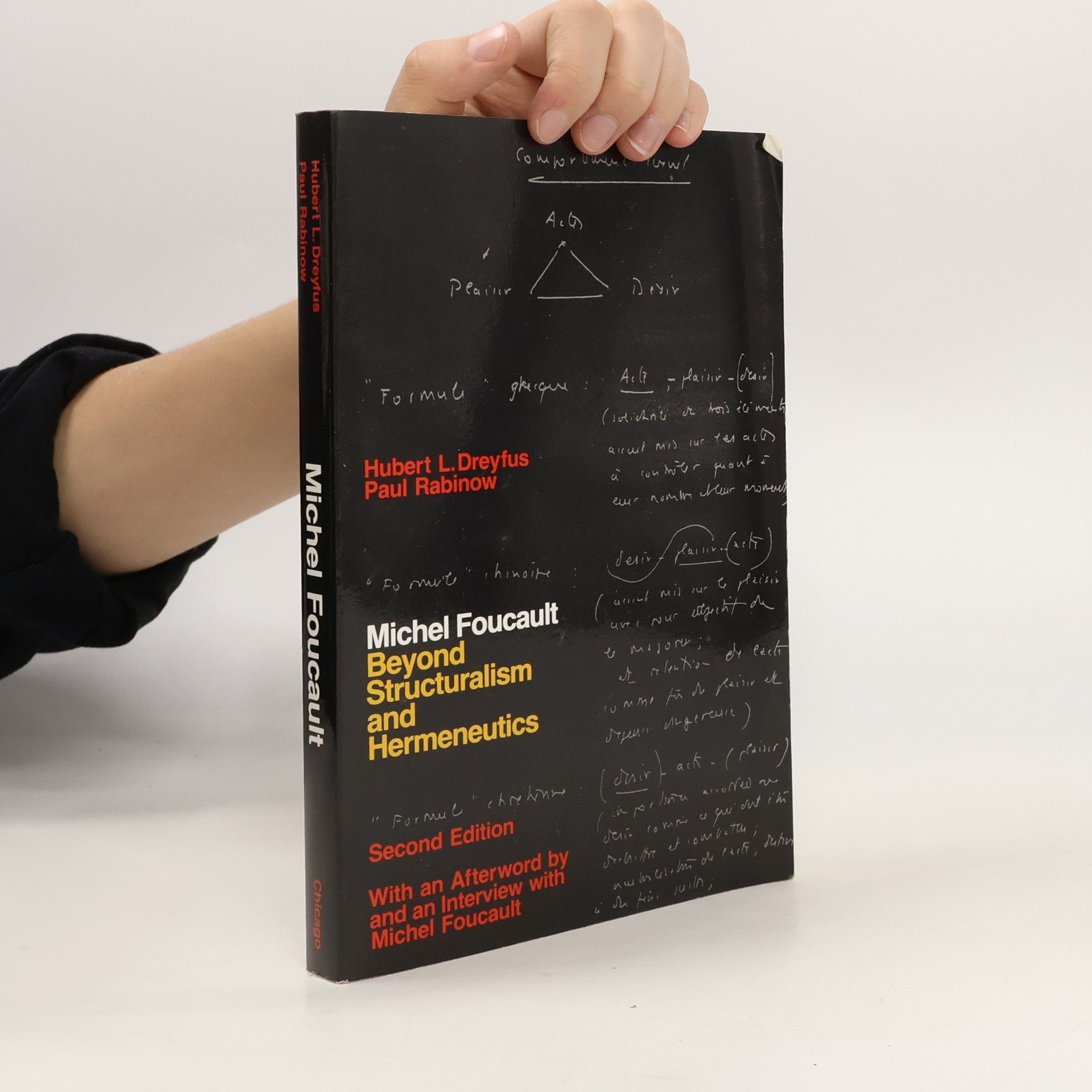
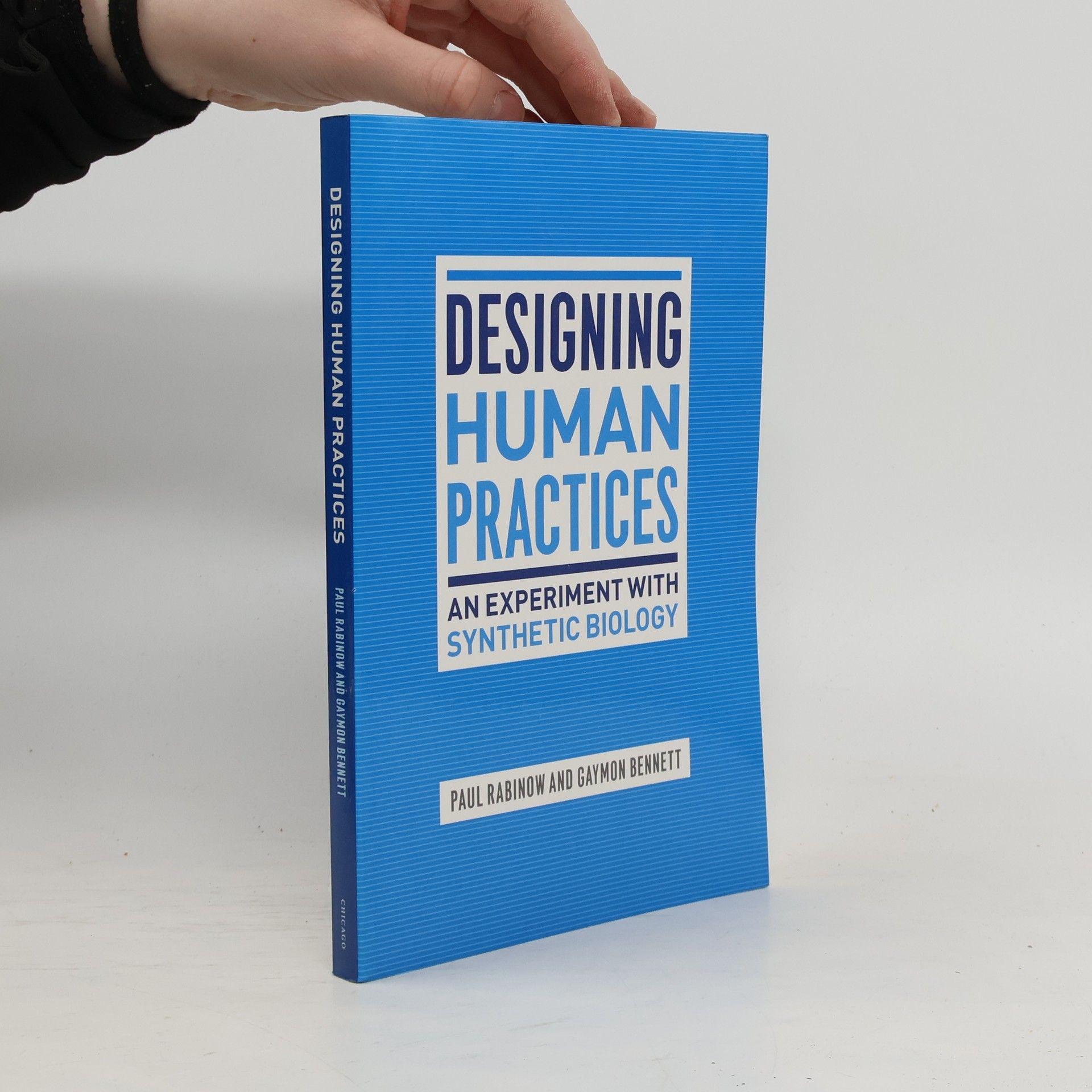
This book, which Foucault himself has judged accurate, is the first to provide a sustained, coherent analysis of Foucault's work as a whole.To demonstrate the sense in which Foucault's work is beyond structuralism and hermeneutics, the authors unfold a careful, analytical exposition of his oeuvre. They argue that during the of Foucault's work became a sustained and largely successful effort to develop a new method—"interpretative analytics"—capable fo explaining both the logic of structuralism's claim to be an objective science and the apparent validity of the hermeneutical counterclaim that the human sciences can proceed only by understanding the deepest meaning of the subject and his tradition."There are many new secondary sources [on Foucault]. None surpass the book by Hubert Dreyfus and Paul Rabinow. . . . The American paperback edition contains Foucault's 'On the Genealogy of Ethics,' a lucid interview that is now our best source for seeing how he construed the whole project of the history of sexuality."—David Hoy, London Review of Books
The Foucault Reader
- 390 pages
- 14 hours of reading
Michel Foucault was one of the most influential thinkers in the contemporary world, someone whose work has affected the teaching of half a dozen disciplines ranging from literary criticism to the history of criminology. But of his many books, not one offers a satisfactory introduction to the entire complex body of his work. The Foucault Reader was commissioned precisely to serve that purpose. The Reader contains selections from each area of Foucault's work as well as a wealth of previously unpublished writings, including important material written especially for this volume, the preface to the long-awaited second volume of The History of Sexuality , and interviews with Foucault himself, in the course of which he discussed his philosophy at first hand and with unprecedented candor. This philosophy comprises an astonishing intellectual enterprise: a minute and ongoing investigation of the nature of power in society. Foucault's analyses of this power as it manifests itself in society, schools, hospitals, factories, homes, families, and other forms of organized society are brought together in The Foucault Reader to create an overview of this theme and of the broad social and political vision that underlies it.
John Hope Franklin Center Book: Designs for an Anthropology of the Contemporary
- 152 pages
- 6 hours of reading
In this compact volume, influential anthropologists Paul Rabinow and George E. Marcus engage in conversations about the evolution of anthropological knowledge, pedagogy, and practice, with contributions from James D. Faubion and moderation by Tobias Rees. The discussions center on contemporary challenges in anthropology, particularly regarding the understanding of subjects and the design of ethnographic research projects. Rabinow and Marcus explore what remains distinctly anthropological in studying modern events and propose innovative directions for the field. They emphasize the need to redesign pedagogical practices for training researchers and advocate for collaborative initiatives to analyze and transform ethnographic research designs. Reflecting on their earlier work in the landmark collection Writing Culture, they assess its impact on the field and its conceptual limitations. They discuss the intellectual landscape at the time of its publication and how anthropology has evolved, touching on topics like ethnography's self-reflexive turn, identity, the Public Culture project, and the shifting interests of students. This volume offers readers insight into vibrant discussions among key figures who have significantly influenced anthropology's recent past and are committed to its future.
Was ist Anthropologie?
- 167 pages
- 6 hours of reading
Was heißt Anthropologie heute? Wie könnte sich eine Anthropologie gestalten, die sich darum bemüht, der Offenheit des Jetzt gerecht zu werden und die Spielarten des Menschseins in der Gegenwart zu analysieren? Ist die »Lehre vom Menschen« überhaupt noch als eine universale, auf den Menschen ausgerichtete Wissenschaft denkbar? Ausgehend von Max Webers Sorge um die Menschheit in der Moderne, entfaltet Paul Rabinow eine Anthropologie, die ihren Ausgang zum einen bei der Frage nimmt, ob sich von »Menschheit« heutzutage überhaupt noch sinnvoll sprechen läßt, zum anderen aber auch von der ethnographisch fundierten Analyse, was man unter Menschheit heute versteht. Ziel ist die Rehabilitierung der Anthropologie als Gegenstand der Theorie vor dem Hintergrund empirischer Forschung.
Anthropologie der Vernunft
Studien zu Wissenschaft und Lebensführung
Was heißt Aufklärung heute, was Vernunft? Wie begründet sich das Verhältnis zwischen Vernunft und Lebensführung gegenwärtig? Diesen Fragen geht Paul Rabinow in den hier gesammelten Essays ethnographisch nach. Ethnographisch heißt: die Vernunft selbst als ein menschliches, dem Anthropologen zugängliches und also studierbares Feld sozialer Handlung zu begreifen. In konkreten, der Biotechnologie entnommenen Fallstudien fragt Rabinow nach der Vernunft, die in Laborexperimenten oder in Ethikdebatten am Werk ist. Indem er diese jeweilige Vernunft und deren implizite Menschenbilder auf die Lebensführung der Wissenschaftler hin anwendet und befragt, entstehen subtile anthropologische Studien einer biopolitischen Gegenwart.
Als Ethnologe in Marokko
- 350 pages
- 13 hours of reading
Přestože studie H.L. Dreyfuse a P. Rabinowa je jednou z vůbec prvních knižních publikací věnovaných Michelu Foucaultovi, stále patří k těm nejdůkladnějším a nejoriginálějším knihám, které byly tomuto filosofovi kdy věnovány. Autoři systematicky zkoumají Foucaultovo – v době vydání jejich textu dosud neuzavřené – dílo, přičemž základním výchozím bodem se pro ně stává Foucaultův „metodologický“ spis Archeologie vědění. Na tomto základě potom vymezují Foucaultovo myšlení jak vůči strukturalismu, tak vůči hermeneutice, a interpretují všechny klíčové motivy Foucaultova teoretického projektu: teorii diskursu, subjektu, moci, rozdíl mezi archeologií a genealogií atd. Kniha je doplněna rozhovorem se samotným Foucaultem, a také jeho textem týkajícím se otázky moci.
Reflexe terénního výzkumu v Maroku
- 168 pages
- 6 hours of reading
Paul Rabinow je předním americkým kulturním antropologem, jenž sehrál významnou úlohu v kritickém přehodnocování forem a norem antropologie, zejména v prosazování reflexivity jako plnohodnotné součásti antropologické tvorby dat. Rabinow v díle demystifikuje terénní výzkum jako základní metodologickou orientaci oboru, ukazuje, že jeho průběh a výsledky se odvíjejí nejen od užitých výzkumných technik, ale rovněž a neodmyslitelně od povahy výzkumníka a jeho naladěnosti. Rabinow živou a otevřenou formou líčí svá setkávání s Maročany i francouzskými usedlíky, trampoty a nástrahy antropologického terénního výzkumu, pochybnosti a myšlenky, nad nimiž během výzkumu přemítal. Třeba okamžik, kdy svého spolupracovníka Alího naštvaně vyhodil z auta a nechal jej dojít domů pěšky. Kladl si otázku, zda to znamená konec jeho vědeckého snažení v Maroku. V současnosti je reflexivita nedílnou součástí antropologického výzkumu i prezentace jeho výsledků a kniha Reflexe terénního výzkumu v Maroku se velice rychle zařadila do antropologického kánonu, i když se Rabinowovi dostalo varování, že vydáním díla si zničí slibně se rozvíjející kariéru.



